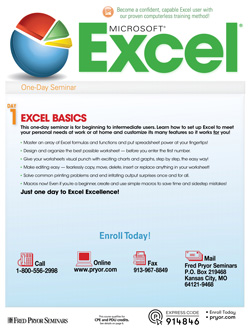Top Tips & Interview Questions for Administrative Assistant Selection
Administrative assistants are sometimes the first faces that customers and important stakeholders see. They may answer your phones, set up meetings and screen incoming information. On the other hand, other administrative assistants may be more back-office focused, interacting with few people, but engaging in the detailed work of file system administration and management.
The interview questions you ask when recruiting an administrative assistant are critical to getting the right person in the door for the right role. Here are examples of each diverse role:
Role: Executive Gatekeeper, Scheduler and Negotiator
For this type of administrative assistant, interview questions should assess interpersonal skills, critical thinking, political sensitivity and decision-making. Here are three examples:
- Name a time when you had to disappoint someone in a position of power to meet another person’s needs. How did you handle it?
- You notice that the executive you are supporting seems overwhelmed and is forgetting things. What do you do?
- Name a time when you had competing priorities with the same deadline. How did you handle it? What was the outcome?
Role: Back-Office Administrative Support, Filing System and Records Management
For this type of administrative assistant, interview questions should assess detail orientation, focus and ability to develop or implement filing systems. Three examples of this are:
- Name a time when you needed to adjust to an existing office management system or set of business processes. How did you approach learning and adopting the new system or processes?
- Name a time when you observed that a system was not working as well or as efficiently as it could be. What did you do?
- Tell me about a job you did when paying attention to many details in a fast-paced environment was important. What was the job and how did you handle it?
Consider Testing
Remember, asking interview questions don’t always provide a complete picture of a candidate. Consider building testing into your recruiting approach. This could include having the candidate take a mock phone call from a staff member posing as an angry customer wanting a meeting. Alternatively, it could include an exercise, where the candidate must appropriately sort, sequence, and prioritize a list of incoming information.
These kinds of tests allow you to peek behind the curtain at how someone really operates under pressure – giving you richer information than interview questions can on their own.


